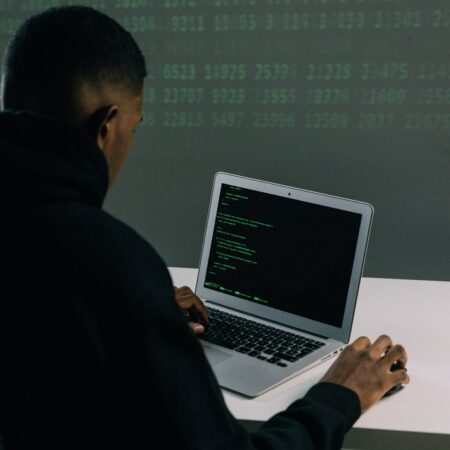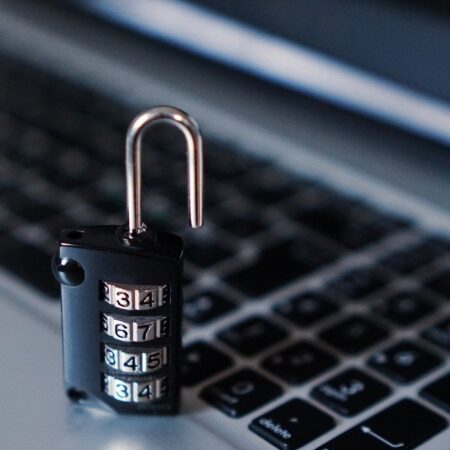Bolstering Cybersecurity in Today’s Connected World

Often overlooked but vitally important, are software updates for the first line of defence in the quest for cybersecurity. Think of them as essential repairs to the metaphorical walls of a digital fortress, patching up any vulnerabilities that may be exploited by malicious invaders. To ensure the protection of smartphones or computers, it’s paramount to install these updates as soon as they become available. Regular steps equip the devices with the latest security enhancements, effectively sealing any potential gaps through which cyber threats might creep. Embracing the practice of automatic updates can be a game-changer, offering real-time fortification against potential cyber-attacks.
As if unseen knights in the realm of the internet, antivirus software works relentlessly behind the scenes, protecting devices from malware and various cyber threats. Installing robust antivirus tech onto a smartphone or computer is as crucial as donning armour before a battle. It not only offers a shield against looming threats but also vigilantly monitors the system for any signs of suspicious activities. This software can detect, quarantine, and eliminate potential threats, keeping the digital realm safe and protected.
Embracing Two-Factor Authentication
Two-factor authentication, or 2FA, functions as an extra line of defence, like a castle gate secured by two separate locks. When 2FA is activated on any online account, it ensures that access is granted only after two levels of proof have been provided. This two-step verification makes it significantly harder for cybercriminals to gain unauthorized access. Whether it’s a text code sent to a mobile device or a biometric verification like a fingerprint scan, this second level of authentication helps safeguard valuable personal and financial information.
Also, crafting a robust password can be compared to forging a one-of-a-kind sword – it should be strong, unique, and challenging to replicate. Creating a complex password for each online account helps keep these digital vaults secure. Combining letters, numbers, and special characters to formulate a password, and refraining from using personal information, can make it significantly harder for a password to be guessed or hacked. For ease, password management tools can be employed. These digital ‘key keepers’ safely store complex passwords, ensuring optimal security while also offering the convenience of not having to memorize each one.
Email: A Trojan Horse?
In the digital world, emails can act as Trojan horses, seeming harmless at first but potentially carrying hidden threats. Cybersecurity requires vigilance in handling emails, especially those from unknown senders. Ignoring emails that ask for personal information, flagging spam, and refraining from clicking on unknown links can prevent the fall into the trap of phishing scams.
In the interconnected world of today, cybersecurity has become an essential part of everyday life. By adopting these strategies and staying vigilant, everyone can help protect their digital fortresses, ensuring that the realm of cyberspace remains a secure place to navigate.
Web browsers serve as a vessel, navigating through the vast sea of information on the internet. As such, keeping this vessel secure is of utmost importance. Adjusting browser settings to block pop-ups, disabling automatic downloads, and regularly clearing cookies are effective ways to enhance cybersecurity. Using a Virtual Private Network (VPN) provides an extra layer of security, creating a private, encrypted channel for data transmission.
Guarding the Gate: Firewall as a Cyber Sentry
Like a steadfast sentry guarding a castle gate, a firewall monitors and controls the incoming and outgoing network traffic based on predetermined security rules. A firewall can block unauthorized access to a computer or smartphone, protecting the system from various cyber threats. Both hardware and software firewalls can provide an extra layer of security, preventing malicious software from infiltrating the digital realm.
In the digital age, leaving a trail of personal information across various platforms can lead to a considerable digital footprint, making individuals more vulnerable to cyberattacks. Therefore, one must manage and limit the amount of personal information shared online. Regularly checking and adjusting privacy settings on social media platforms can help control the visibility and accessibility of personal data. Data encryption can be compared to writing a message in a secret language that can only be understood by someone with the right decryption key. Encrypting sensitive data, whether stored or transmitted, can provide a robust layer of protection against cyber threats.



